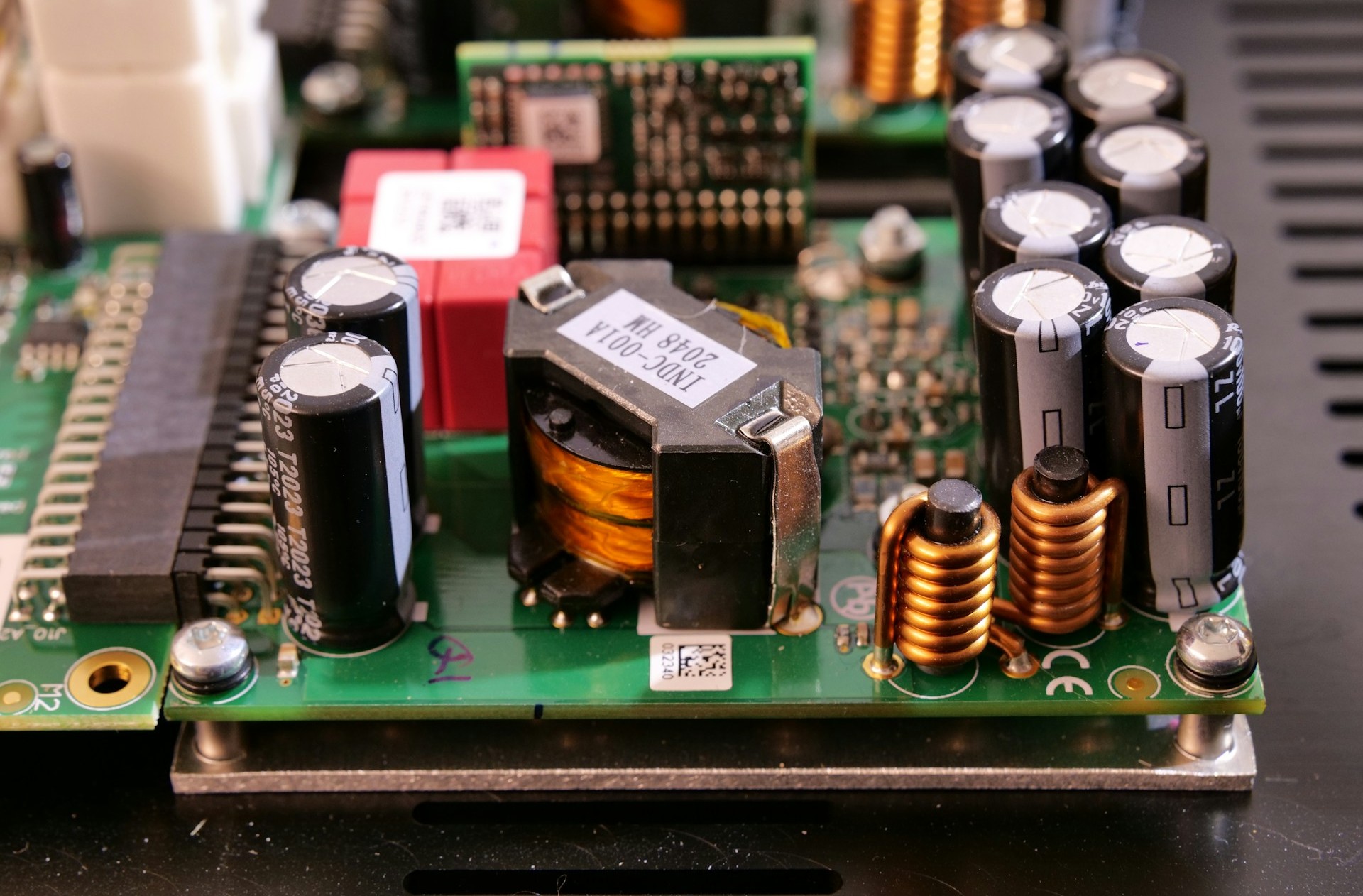Trash cans seem like a catchall for daily mess, but the law treats some household leftovers very differently. Certain items can leak toxins, start fires, or contaminate soil and water if they end up in ordinary bins, so cities and states draw firm lines about where they must go. Once those rules are understood, a regular trash pickup starts to look less like a simple chore and more like a system built to protect workers, neighborhoods, and the environment from quiet, preventable harm.
Household Batteries And Car Batteries
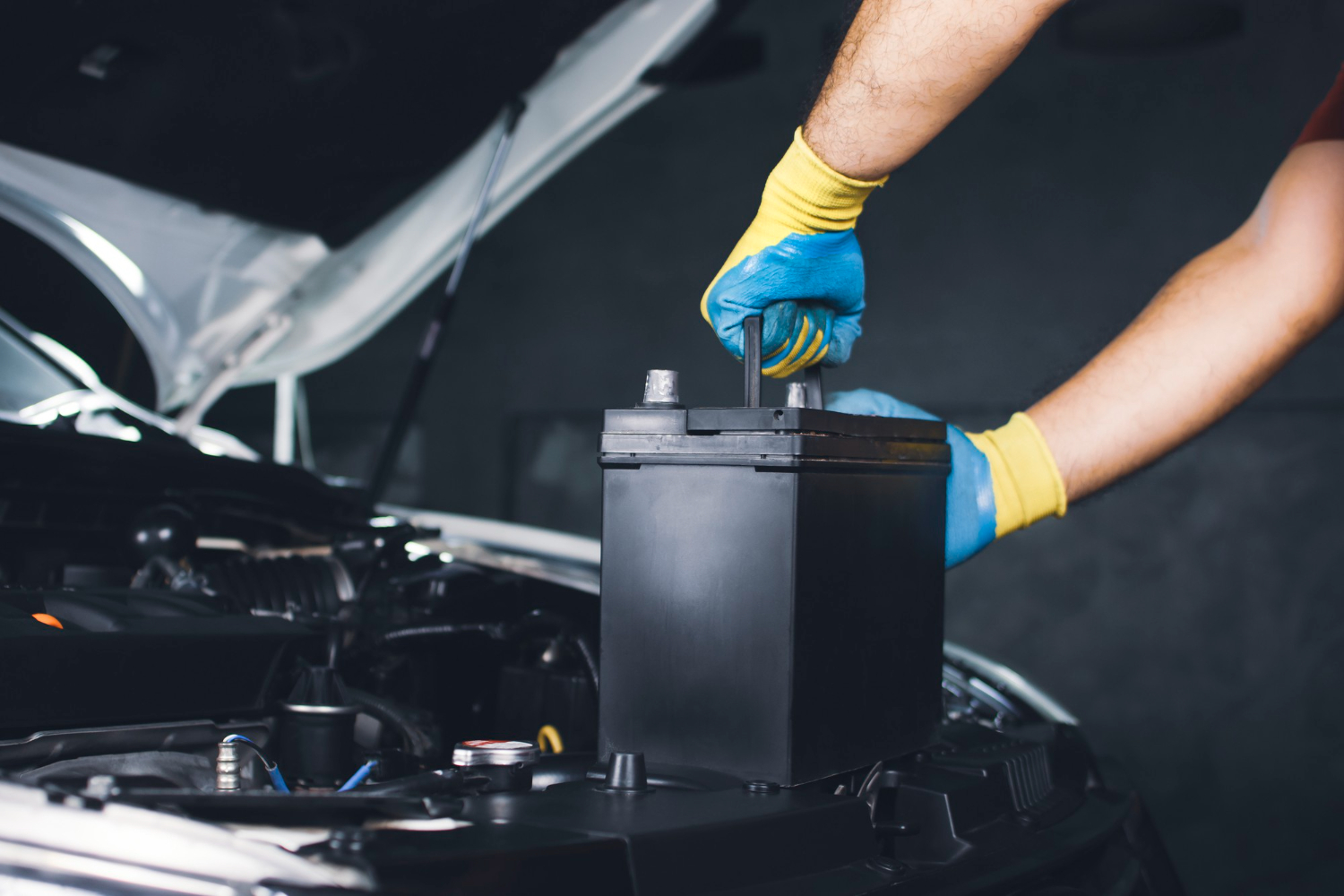
Batteries look small and disposable, yet many contain lead, lithium, or corrosive chemicals that can ignite or leak when crushed in garbage trucks or buried in landfills. Car batteries are banned outright in most regions, and sellers are required to take them back for proper recycling, while many areas also treat rechargeable and button cell batteries as controlled waste. Instead of tossing them in a kitchen bin, people hand them over at drop centers or store collection counters so the toxic metals inside never reach groundwater or fires.
Old Electronics And E Waste
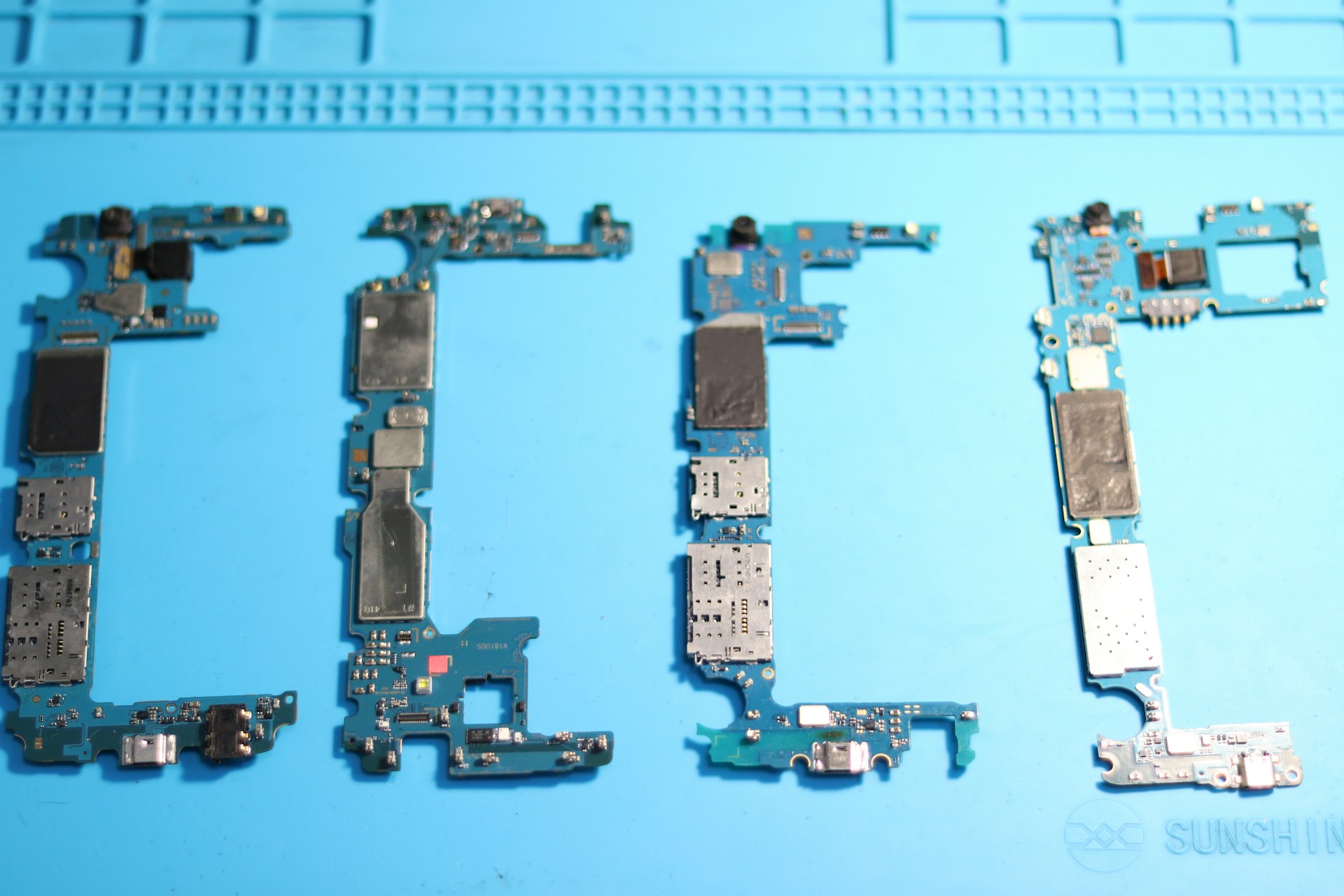
Dead laptops, phones, and televisions might feel like junk, but inside are circuit boards, batteries, and heavy metals that can leach into soil if they crack or burn in landfills. Many states classify e waste as restricted material and prohibit curbside disposal, directing residents to recycling events or dedicated depots instead. These centers strip out valuable metals and safely handle components that could harm workers or the environment. The rule treats electronics less like trash and more like a mix of danger and salvage that needs trained hands.
Leftover Paint And Solvents
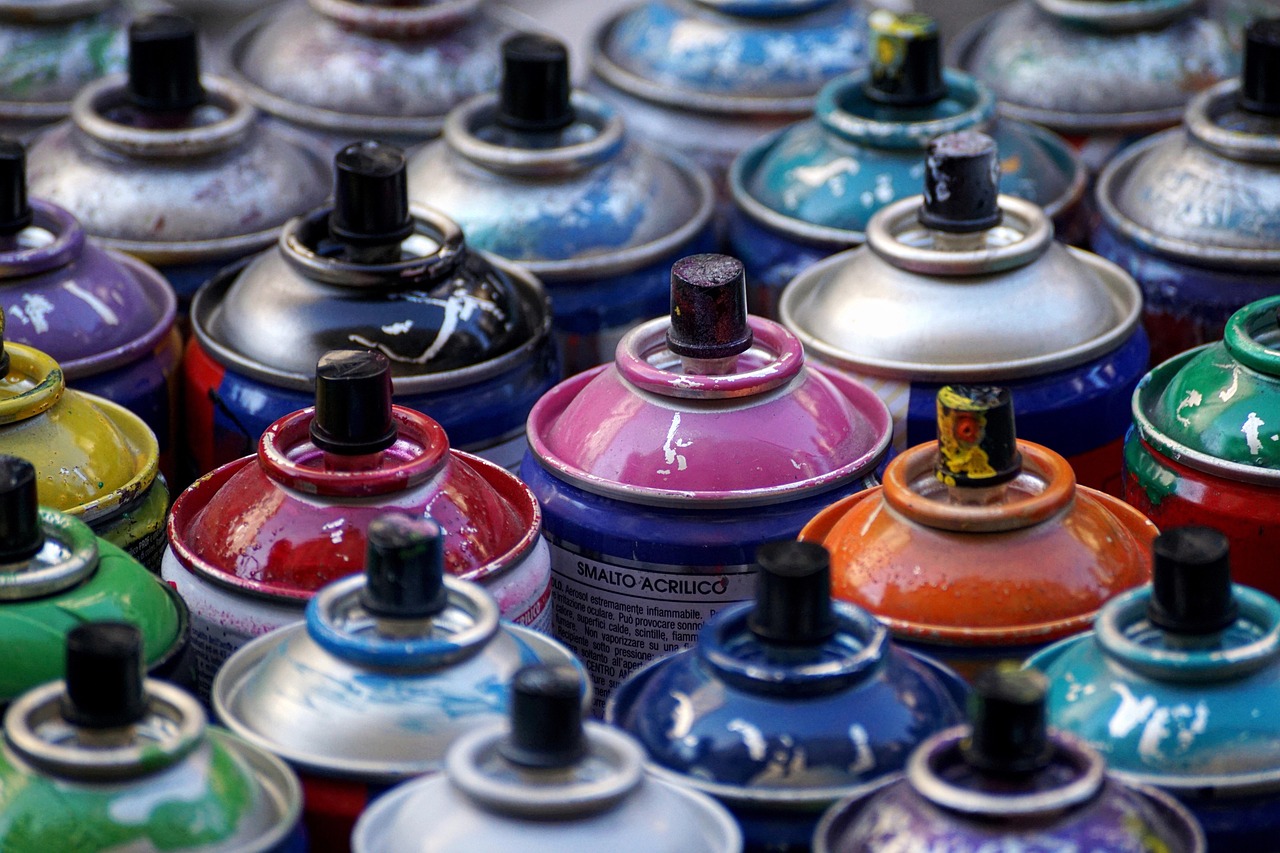
Half used cans of oil based paint, varnish, or solvent can lurk in garages for years, and when a cleanup day arrives, tossing them in the bin may feel convenient. But many communities ban these liquids from normal trash because they can release fumes, contaminate soil, or ignite under pressure. Hazardous waste sites and paint take back programs exist specifically to deal with them, and even latex paint often needs to be dried and solidified before disposal. The goal is to keep flammable chemicals out of trucks and landfills.
Used Motor Oil And Car Fluids
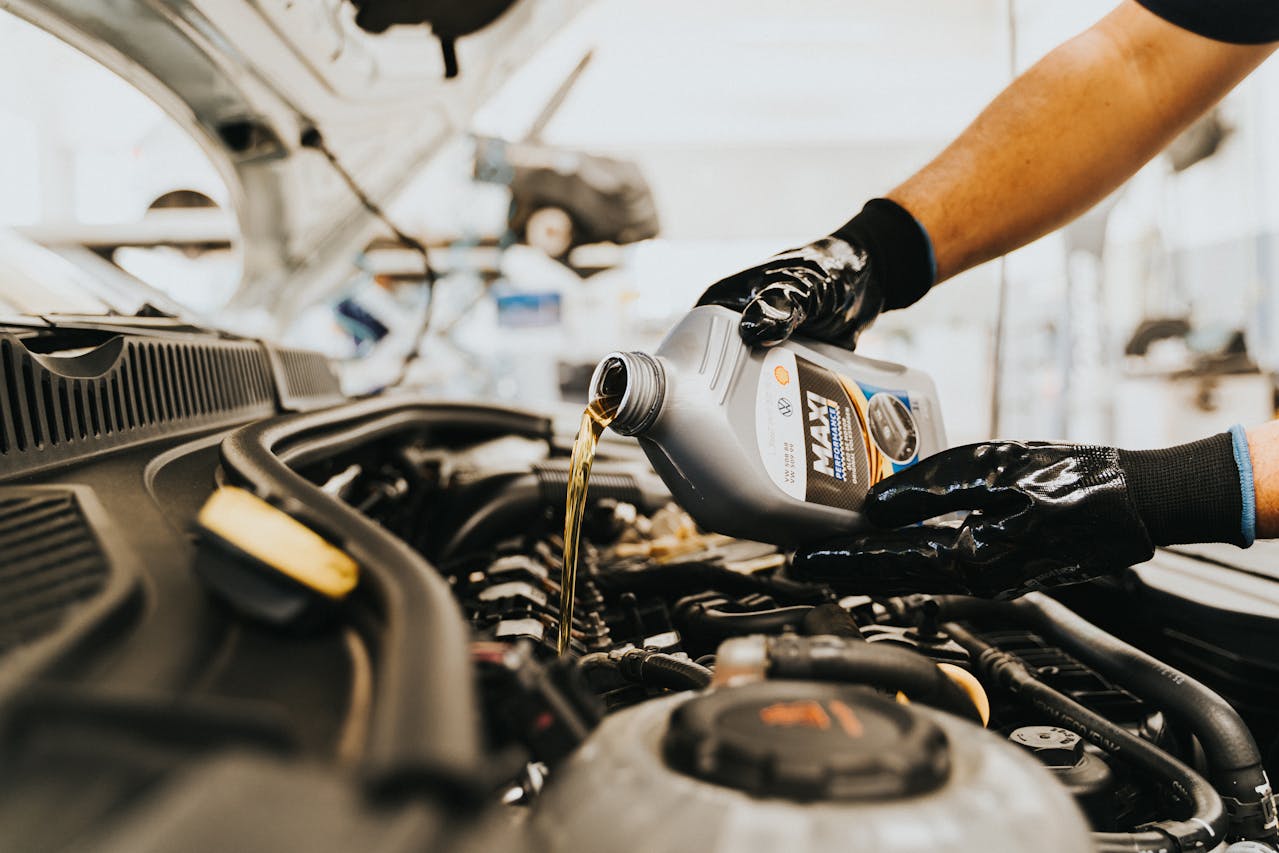
After an oil change, that dark fluid carries metal particles and chemical residues that can pollute large volumes of water if dumped or tossed with regular garbage. Laws in many areas forbid landfill disposal and require recycling through auto shops or approved collection sites. Filters and antifreeze fall under similar rules, since they can corrode containers and spill during transport. Instead of becoming a hidden leak in a garbage route, used oil gets cleaned or repurposed under controlled systems built to prevent long term damage.
Fluorescent Bulbs And Mercury Lamps
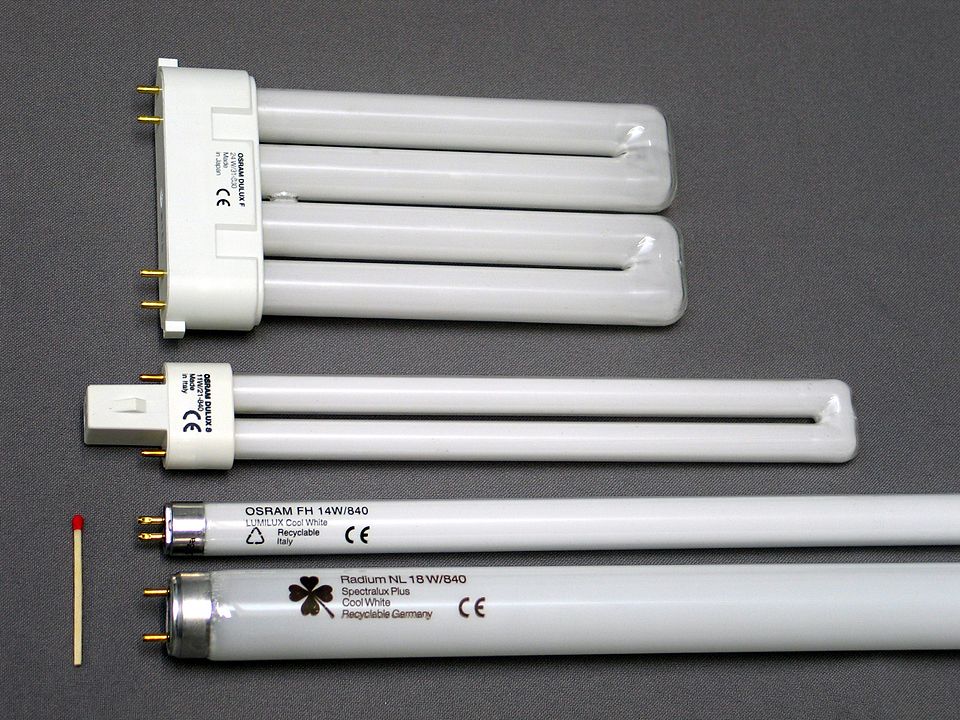
Fluorescent tubes and compact fluorescents contain trace amounts of mercury sealed inside the glass, which becomes a hazard if the bulb shatters in a compactor or landfill. Because mercury vapor is toxic, many regions prohibit these bulbs from regular household trash and direct people to recycling programs at hardware stores or municipal facilities. There, specialized processes capture the mercury safely. A burnt out bulb might seem harmless, but the rule recognizes that broken glass can release more than just a glittering mess.
Expired Medications And Prescription Drugs
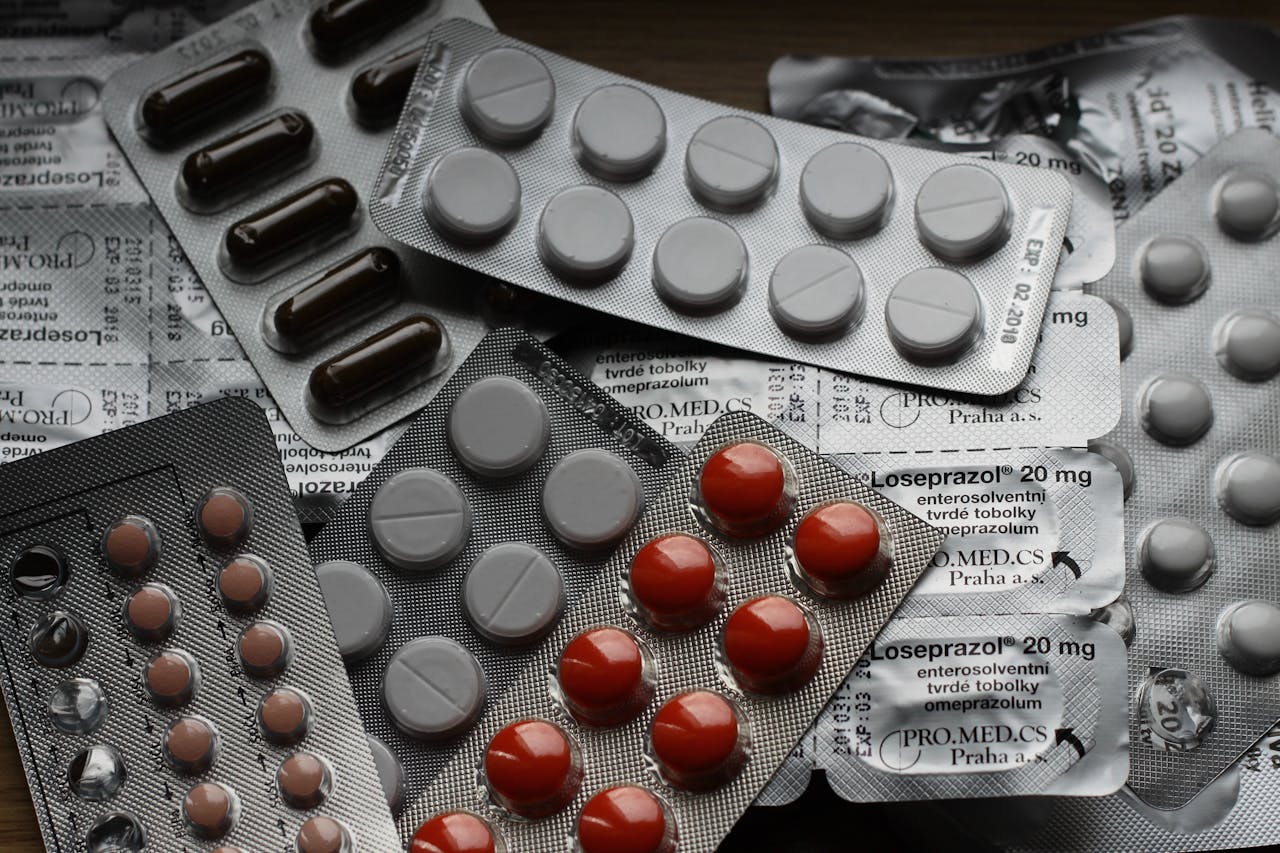
Old pills sitting in a medicine cabinet can end up in the wrong hands or leach into waterways if tossed in trash that gets crushed or mixed with liquid waste. Drug take back programs, police station drop boxes, and mail in envelopes now serve as the legal route for disposal, rather than curbside bins or toilets. This protects against misuse and keeps active ingredients away from wildlife and drinking water supplies. Medications are treated as controlled substances even after they lose their purpose.
Tires And Oversized Rubber Waste
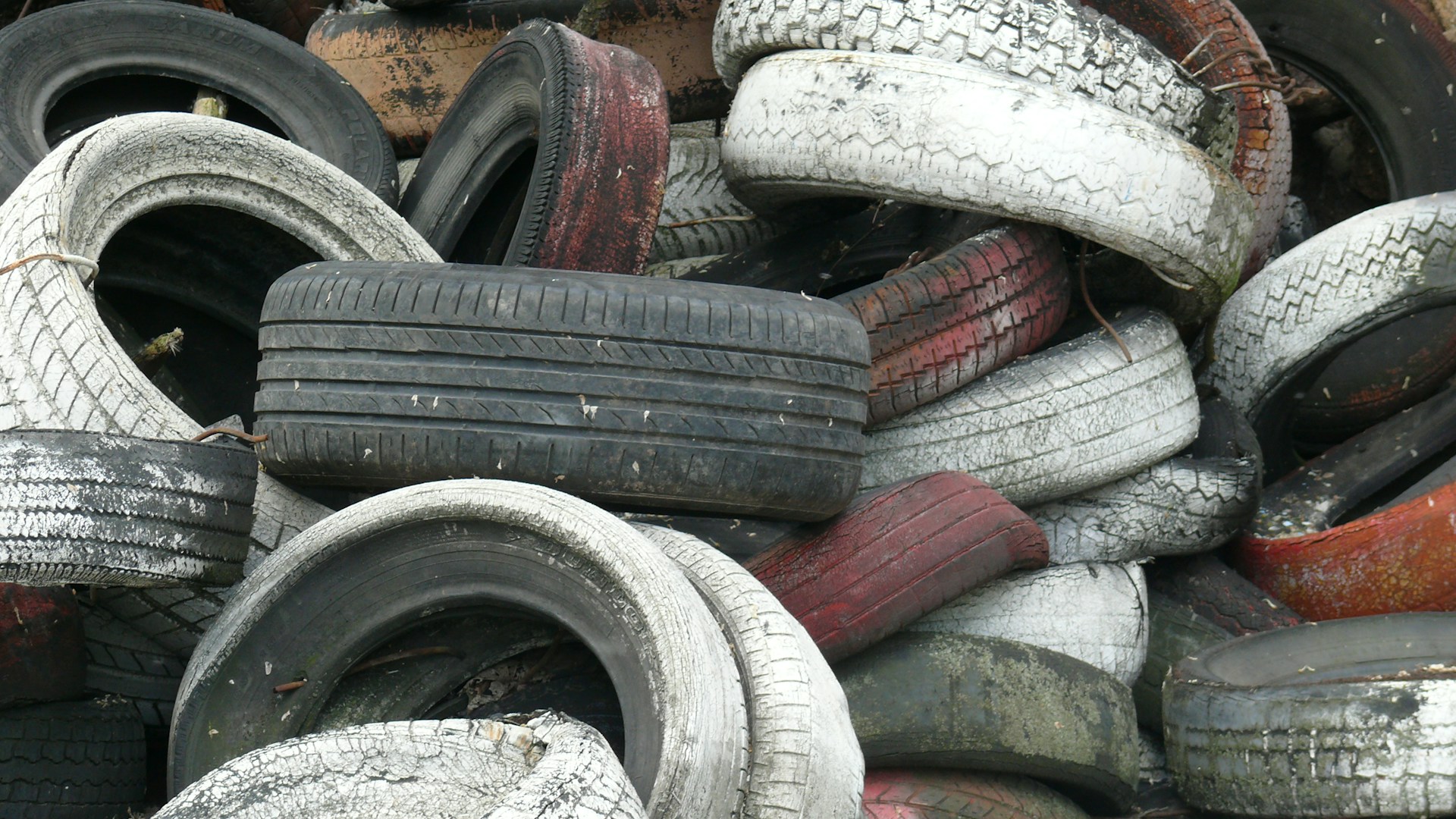
Whole tires are often banned from landfills because they trap air, float to the surface, and create breeding grounds for mosquitoes when they collect rainwater. They also burn stubbornly and release toxic smoke, turning illegal dumping into a fire hazard. Recycling centers and licensed haulers are equipped to shred or repurpose them into new materials like playground surfaces or fuel. The law treats tires not as simple trash, but as bulky items that can cause big problems if they pile up in the wrong place.
Sharps And Home Medical Waste
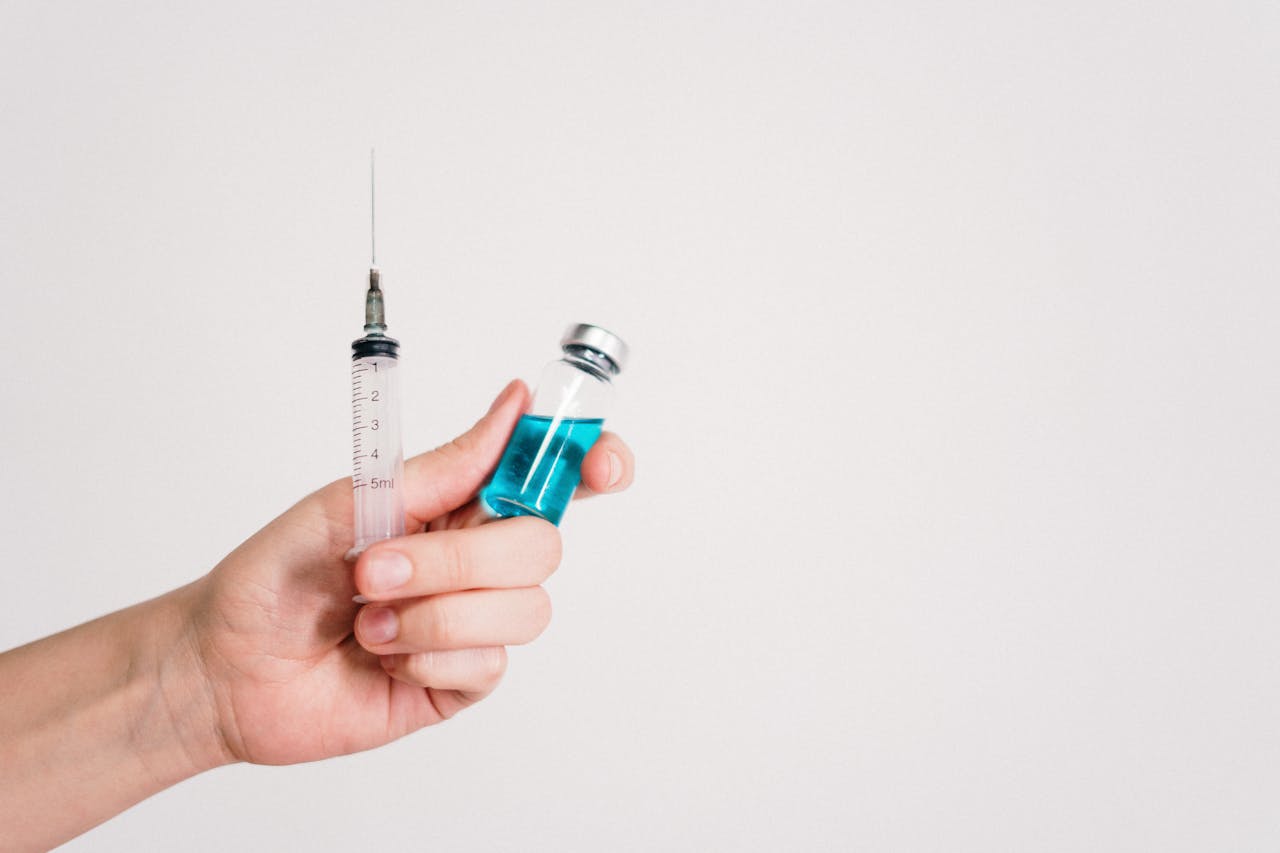
Needles, lancets, and other sharps from home care pose a direct threat to sanitation workers who could be pricked while handling bags or bins. Many jurisdictions classify them as medical waste and forbid loose disposal in household trash, requiring sealed containers or drop off at pharmacies, clinics, or approved mail back programs. This keeps infections and injuries out of routine trash routes. Even a single needle becomes a serious issue once it leaves the safety of a controlled environment.
Refrigerators, Freezers, And Coolant Appliances
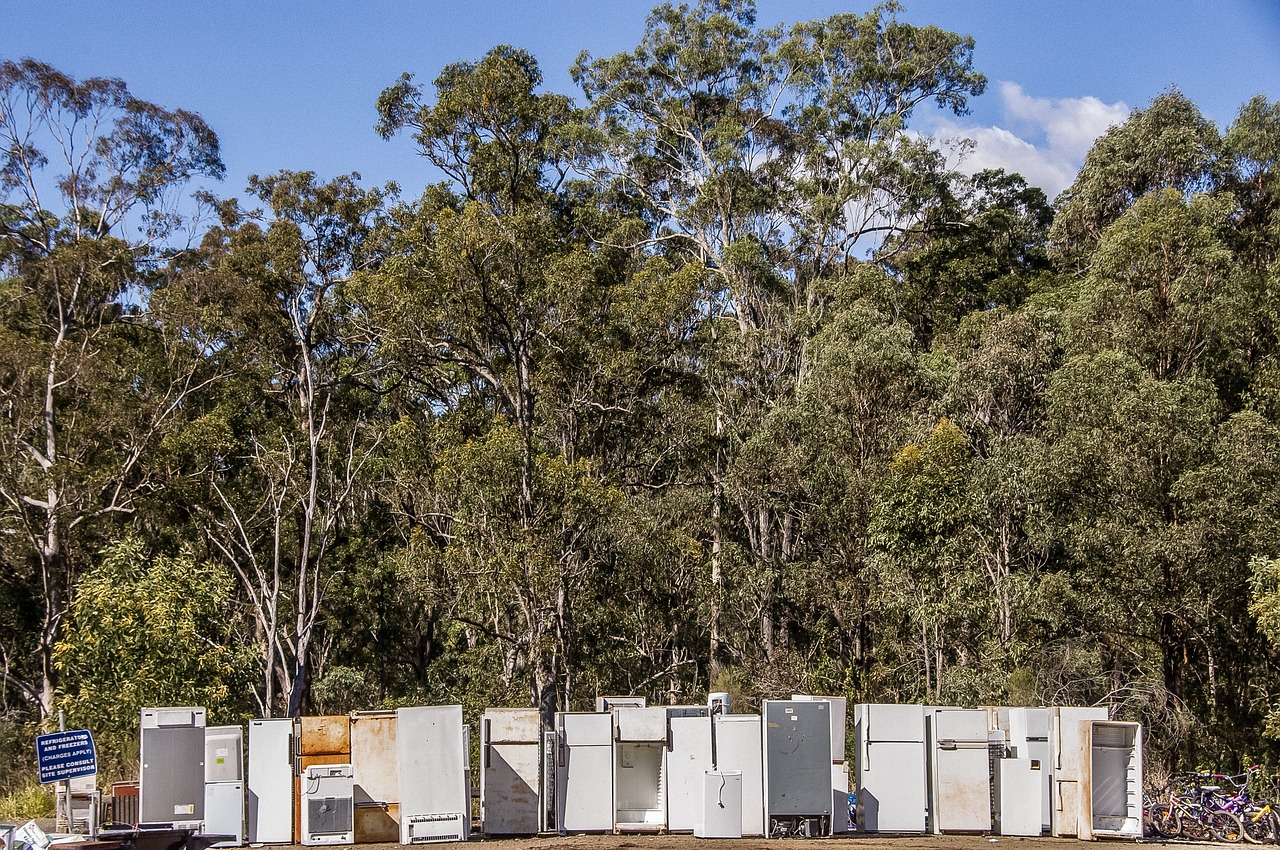
Old refrigerators and freezers contain refrigerants and insulating foam that can release harmful gases if punctured or scrapped without proper handling. That’s why many areas ban curbside dumping and require certified technicians to remove coolant before recycling or disposal. Utility take back programs or retailer haul away services become the legal path forward. A bulky appliance is not just metal and plastic, but a regulated object tied to environmental rules meant to prevent invisible but lasting damage.
